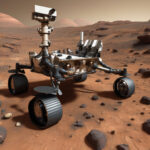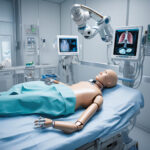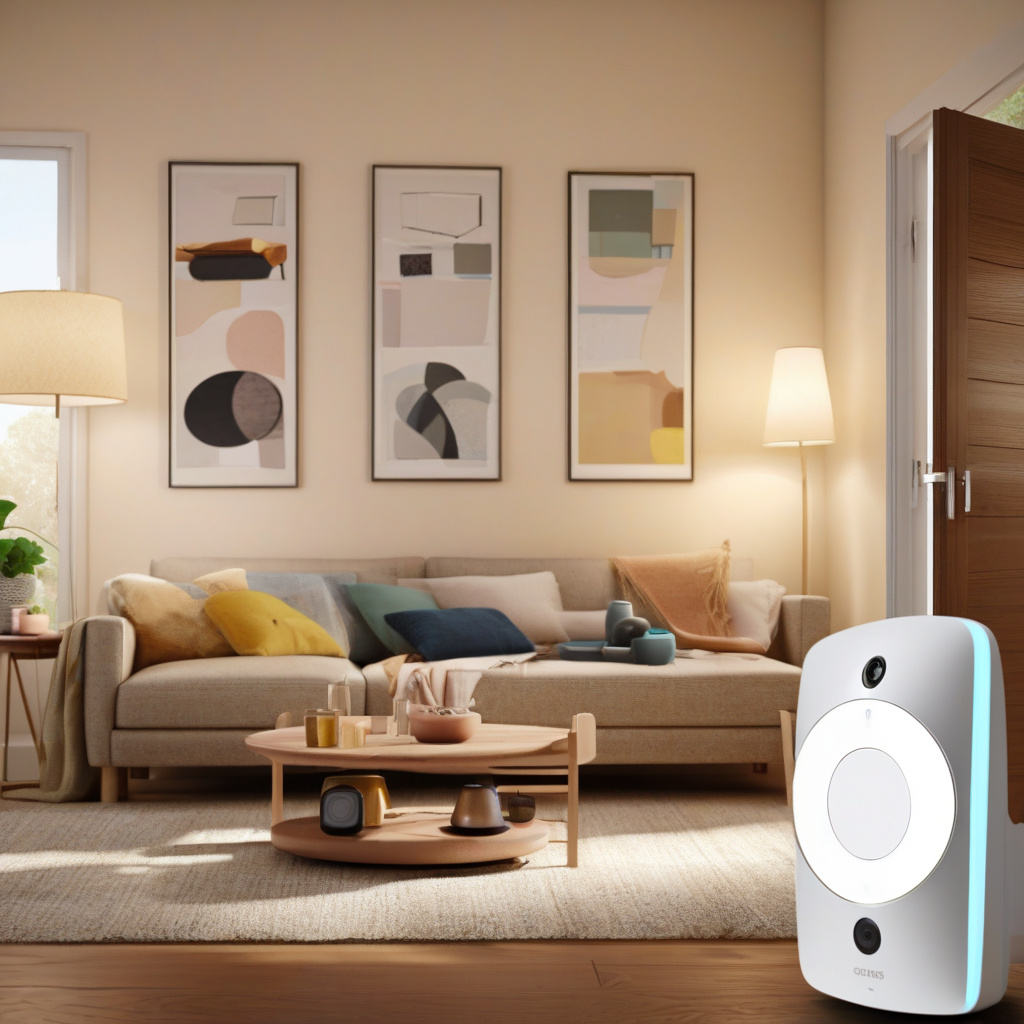Smart Sensors: Enhancing Safety and Independence for Those Living Alone
In today’s fast-paced world, where families are often scattered across the globe, and the population of elderly individuals living alone is increasing, ensuring the safety and well-being of our loved ones has become a paramount concern. However, thanks to advancements in technology, particularly in the realm of artificial intelligence and smart sensors, a new era of care systems has emerged to address these challenges effectively.
One notable innovation in this field is the development of an AI-powered care system that is specifically designed to assist elderly and vulnerable individuals in maintaining their independence while providing peace of mind to their carers and families. These smart sensors are equipped with a range of capabilities that enable them to detect potential risks and emergencies, thereby allowing for timely intervention and support.
One of the key features of these smart sensors is their ability to monitor various aspects of an individual’s daily life, such as their movement patterns, sleep quality, and overall activity levels. By analyzing this data in real-time, the system can identify any deviations from the norm that may indicate a potential health issue or emergency situation. For example, if an elderly person living alone suddenly experiences a fall or prolonged inactivity, the sensors can immediately alert designated caregivers or emergency services, ensuring that help is provided promptly.
Moreover, these smart sensors can also be programmed to send regular updates and notifications to family members, providing them with valuable insights into their loved one’s well-being and allowing them to stay informed even from a distance. This constant stream of data not only offers reassurance but also facilitates proactive decision-making regarding the individual’s care and support needs.
Furthermore, the AI-powered nature of these care systems enables them to learn and adapt to the user’s behavior over time, thereby enhancing their ability to detect risks and anticipate potential issues before they escalate. By leveraging machine learning algorithms, the sensors can customize their monitoring parameters based on the individual’s specific health conditions and preferences, creating a personalized and responsive care experience.
In addition to enhancing safety and well-being, these smart sensors also promote independence and autonomy among elderly and vulnerable individuals by enabling them to age in place with confidence. By providing discreet and non-intrusive monitoring, the sensors respect the user’s privacy while still offering the necessary support and assistance when needed, thus fostering a sense of empowerment and dignity.
Overall, the advent of AI-powered care systems with smart sensors represents a significant milestone in the realm of elderly care and independent living. By harnessing the capabilities of technology to detect risks, ensure timely intervention, and keep families informed, these innovative solutions have the potential to revolutionize the way we care for our aging population, offering a harmonious blend of safety, independence, and peace of mind.
smart sensors, AI-powered care system, independent living, elderly care, well-being












